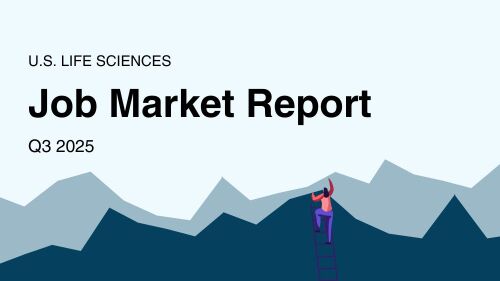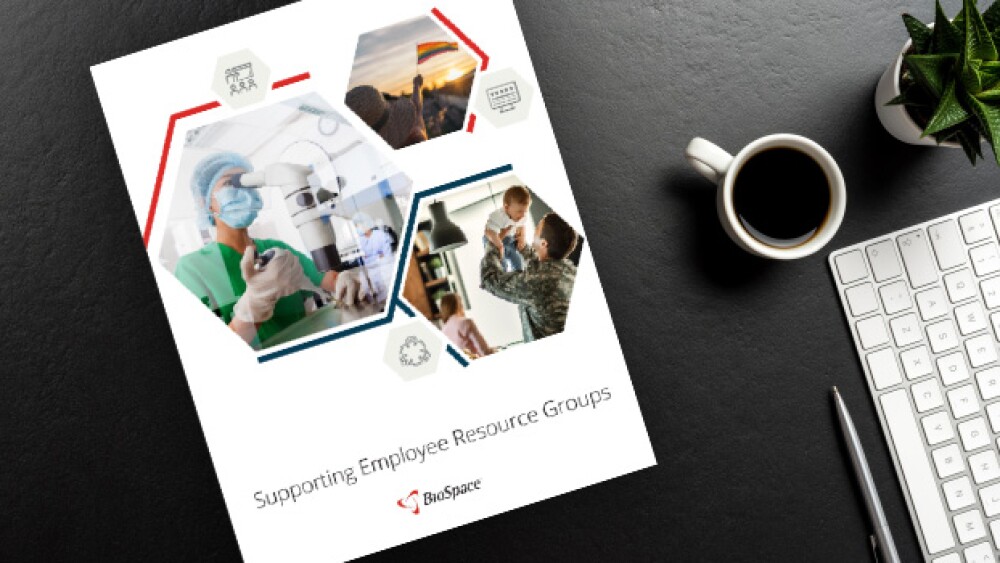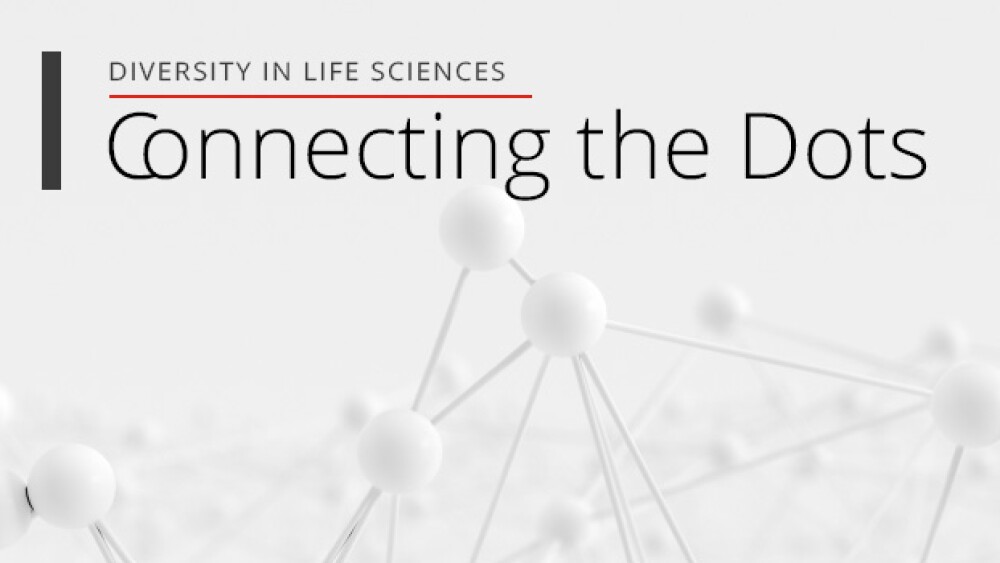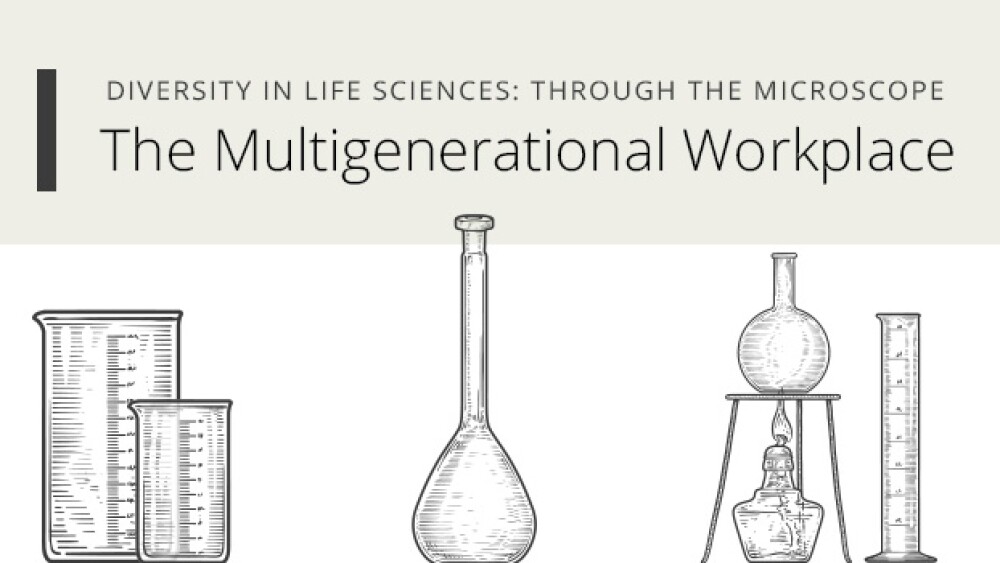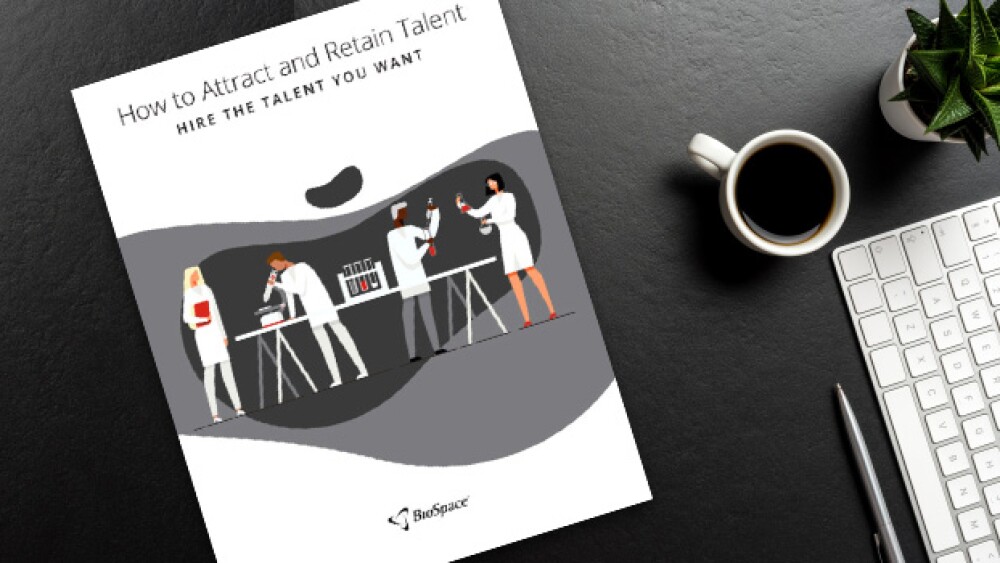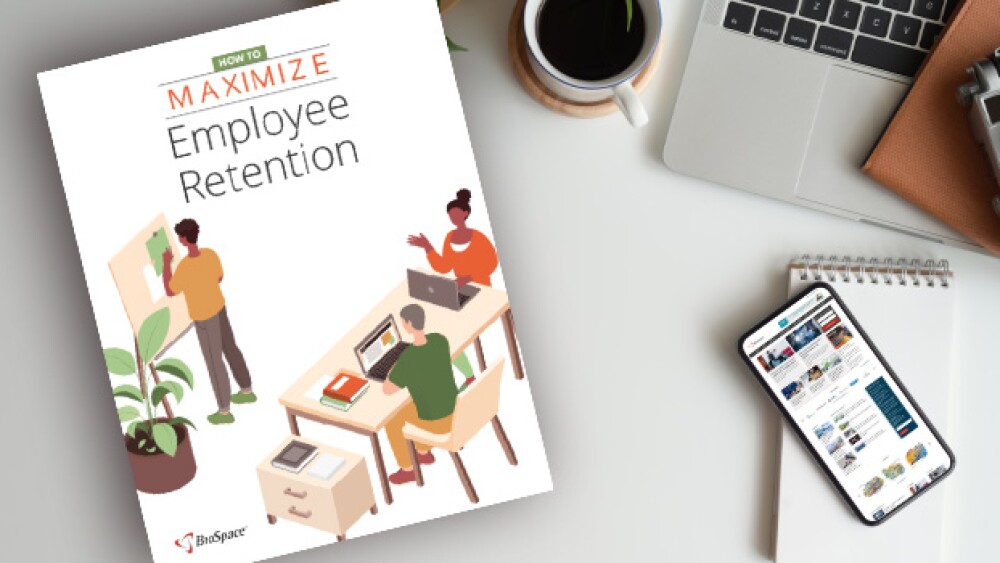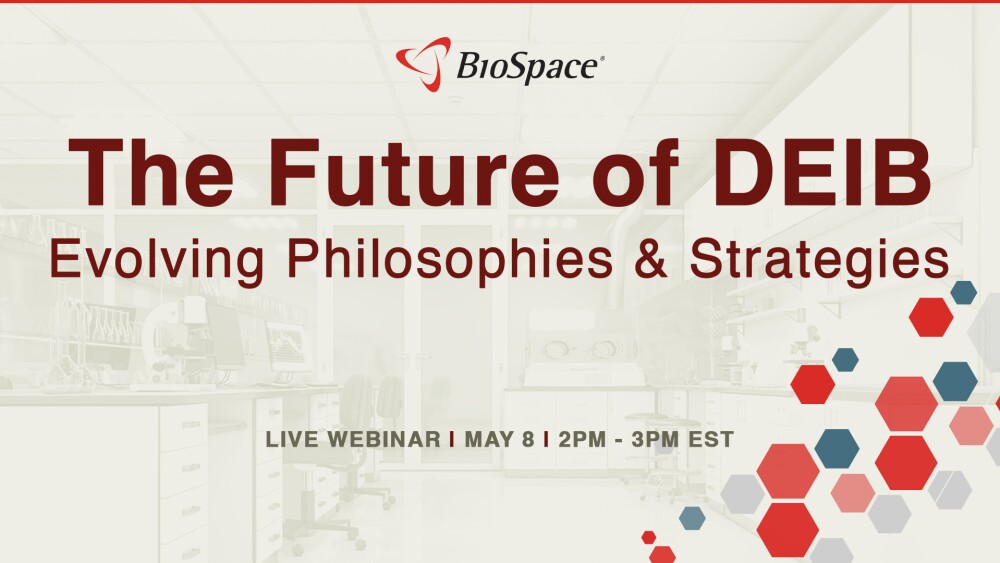Employer Resources
Insights to help you hire and manage your workforce
BioSpace’s 2026 U.S. Life Sciences Employment Outlook examines the state of the biopharma workforce amid ongoing funding pressure, elevated layoffs and cautious hiring sentiment, while highlighting early signals of stabilization and cautious optimism for the year ahead.
Labor Market Trends
BioSpace data show job postings live increased quarter over quarter, while layoffs fell year over year.
Biopharma professionals need to understand today’s job market and how they can stand out to position themselves for success. Three talent acquisition and recruiting experts discussed these topics in a BioSpace webinar, from the importance of contract work to the value of an advocate.
Last month, biopharmas let go or projected they would let go of less than 500 people combined, based on BioSpace estimates, down almost 1,000 from January 2025. Still, competition for open jobs remains strong, with employed and unemployed biotech and pharma professionals eyeing their next roles.
BioSpace has named 50 life sciences companies to its 2026 Best Places to Work list. AbbVie, Amneal Pharmaceuticals and BridgeBio executives share what makes their organizations special.
BioSpace’s third report on diversity, equity, inclusion and belonging in life sciences examines dramatic shifts in attitude around diversity initiatives.
BioSpace has created guidelines on how biopharma organizations, large and small, can effectively support employee resource groups (ERGs), encouraging both their creation and ongoing participation.
In the final instalment of our Diversity in Life Sciences series, BioSpace provides life sciences organizations with practical solutions and benchmarking data to strengthen their DEI initiatives.
How does age affect employees’ experiences in the workplace? This report examines the intersection of age along with gender and other demographics.
RECRUITING
BioSpace surveyed life sciences employers to understand attitudes and current trends on AI usage in recruiting. This report explores the benefits of using AI tools in recruitment and provides practical recommendations for HR and talent acquisition professionals to leverage AI effectively. Concurrently, this report highlights the challenges and risks of using these tools without critical thought and intention.
If people are your greatest asset, it is imperative that your organization maintains a positive employer brand presence and talent pipeline. This report covers how you can build a strong employer brand with prospective employees, current employees - and former employees.
As competition for life sciences talent peaks, BioSpace has undertaken research to determine what employers can do to ensure they don’t lose out on talent they actually want to hire and retain.
In challenging conditions, how can employers optimize the employee experience to retain their top talent and make the most of their current teams?
As the field grows rapidly, companies are luring people from other nuclear industries and tapping the expanding educational talent pipeline, but are constrained by a steep learning curve and the value of real-world experience.
In this episode presented by Slone Partners, Leslie Loveless, Co-CEO and Managing Partner discusses how hiring and the building of executive teams has responded to the current biotech environment.
WEBINARS
This discussion features DEIB leaders from California Life Sciences, MassBio, Eli Lilly and Takeda. We explore changing attitudes in the life sciences workforce, if organizations are adjusting either their DEIB or communication strategies, and how evolving philosophies around DEIB are impacting human resources and talent acquisition activities.



